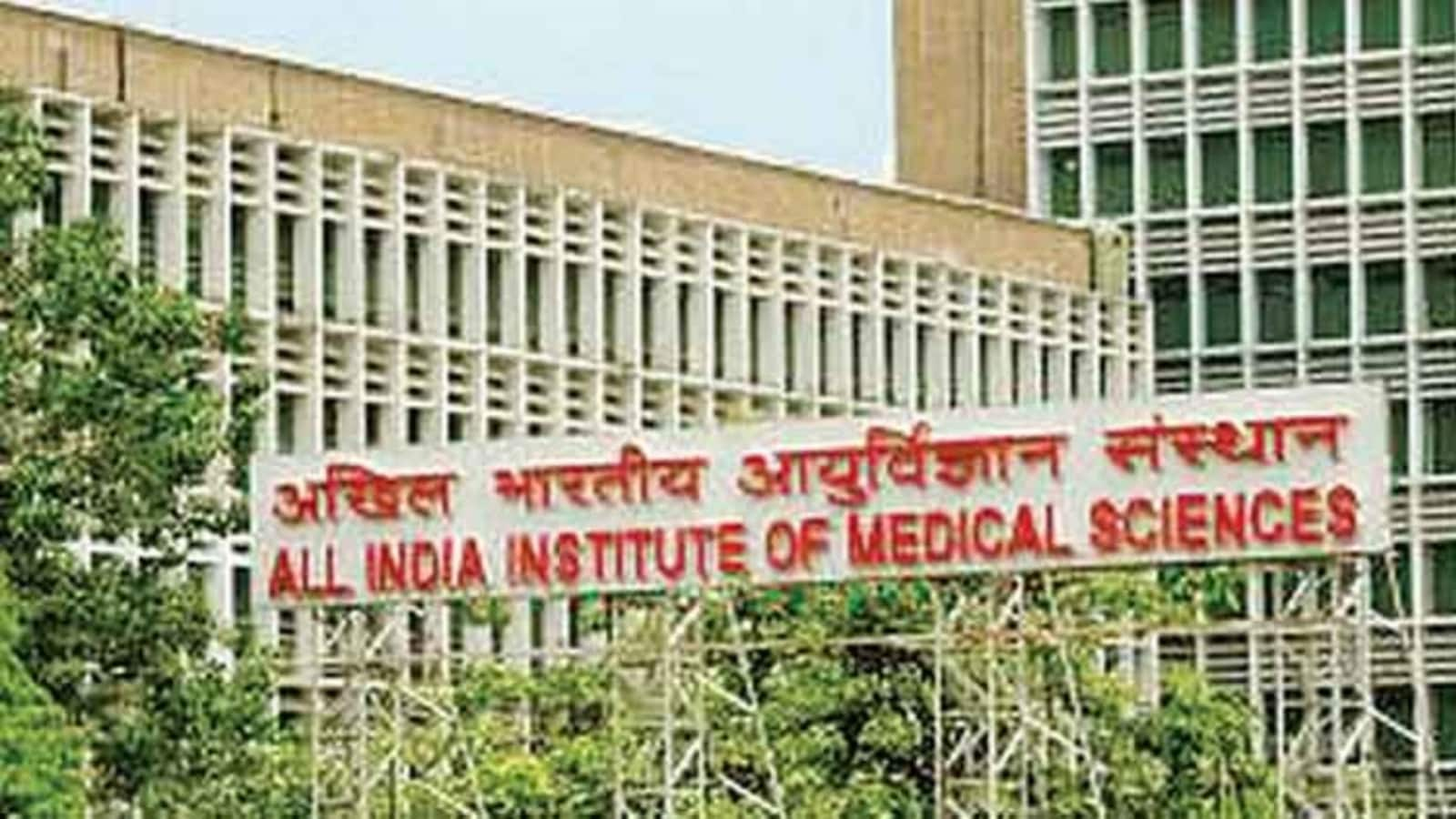A survey of 177 of the country’s top neurosurgeons, neurologists and critical care specialists shows that over half (59.2 per cent) were not trained in medical colleges to certify brain death — a knowledge gap that impacts organ donations, according to a study published recently by doctors at the All India Institute of Medical Science (AIIMS), Delhi.
While nearly three-fourth (74.5%) of the doctors surveyed worked at teaching hospitals, only 10 per cent said they regularly trained their residents in brain death certification. More than a third of the doctors said their institutions did not have a fixed curriculum for the certification or even a suitable checklist.

Brain death is a medico-legal term to describe the cessation of all brain activity due to lack of oxygen to the brain cells — even if the heart continues beating under ventilator support. In contrast, clinical (or circulatory) death occurs when both breathing and blood circulation permanently cease.
In many transplant protocols, brain death is declared first so that organs can still be perfused and maintained until removal. But timely certification is critical: once circulation stops, organs begin deteriorating. Depending on the organ, viability may range from four-12 hours — for instance, heart and lungs can be harvested in four-six hours, liver in eight-12 hours.
Under the Transplantation of Human Organs and Tissues Act, 1994, declaration of brain death is mandatory for organ donation. India has become a high-volume organ transplant centre over the years but almost 80% of the donations still depend on family consent.
According to the study, only 18% of donations in 2024 were from deceased donors. Had the certification process been streamlined and doctors better equipped with the knowledge and legalities involved, more organs could be harvested from deceased donors, the study said.
Dr Deepak Gupta, one of the study’s lead authors and professor of neurosurgery at AIIMS Delhi, said, “It has been more than 30 years since the country’s first Organ Transplant Act and yet, deceased donor transplants remain low. We wanted to look at the reasons. It’s not for a lack of donors. Every year, nearly 2 lakh people have brain deaths — 1.5 lakh die due to traumatic brain injuries and another 50,000 die due to brain stroke. Yet there are only around 1,100 patients who donate their organs every year.”
Story continues below this ad
The survey, he said, “suggests that there is a significant knowledge gap among physicians as well, especially when it comes to legal considerations”.
Last year, 3,403 organs from deceased donors were transplanted — one person can donate up to eight organs. This is an increase over the previous year, but the rate remains less than one per million population.
While there is no standardised protocol that doctors follow to certify a brain death, the parameters they check include: no eye opening on painful stimulus, no pupillary response to light, no movement of limbs, lack of ability to breathe on their own. If unsure, ancillary tests such as CT scans to check blood flow in the brain are performed. Doctors also need to rule out any other reversible cause for coma, such as intoxication, drugs, other metabolic or endocrine disorders.
The final declaration comes after a four-member board carries out two assessments with a gap of six-12 hours. The committee should include the in-charge of the hospital, a doctor nominated by the hospital and approved by the state authority, a neurologist or neurosurgeon, and the treating physician. This can also be done by an anaesthetist, intensivist, surgeon, or physician in case a neurosurgeon is not available.
Story continues below this ad
According to Dr Gupta, the situation has not changed much from his student days. “I was never trained about brain death certification during my graduation or my Master’s. There was only some mention — and not proper training — during my neurosurgery super-specialisation course,” he said.
ExplainedBoosting donation
Despite India performing among the highest number of organ transplants in the world, the national organ donation rate has hovered under one per million population for years, compared with more than 30 per million in countries such as Spain. Experts point out that better awareness, stronger hospital systems and streamlined brain death certification are critical to bridging this gap.
A majority of the doctors surveyed said that they witness anywhere between 20 and 50 silent brain deaths — those that are not certified. More than 46 per cent of the respondents worked in high-volume centres where more than 200 patients with traumatic brain injury are admitted every year.
And, nearly three-fourths were from hospitals that had transplant centres and coordinators, which means the doctors had potential donors as well as facilities to carry out organ retrieval but brain death certification did not happen.
The study highlighted several policy gaps.
A third of the doctors said their hospital did not have a checklist for brain death declaration. This is important to ensure that none of the tests needed for the declaration are missed and everything is documented. The survey also found that 40.7 per cent of the doctors acknowledged the necessity for tests, such as CT angiogram, in cases where it was not possible to do the common tests to determine brain death. Only 18.1 per cent routinely performed tests.
Story continues below this ad
The lack of comprehensive national guidelines on brain death certification makes it difficult for doctors to take a call, Dr Gupta said. “Some people believe an elevated temperature excludes a person from the declaration. Not everyone agrees on the temperature, pH level, serum sodium level at which the certification should be done,” he said.









